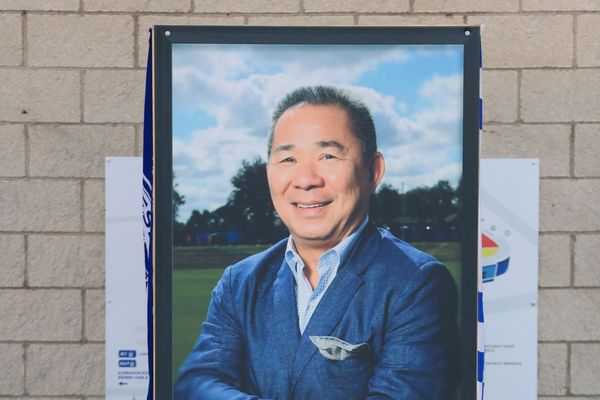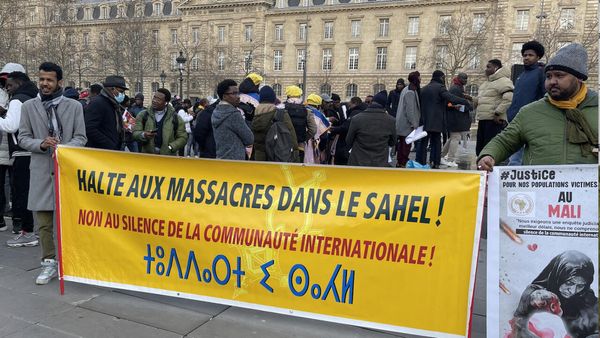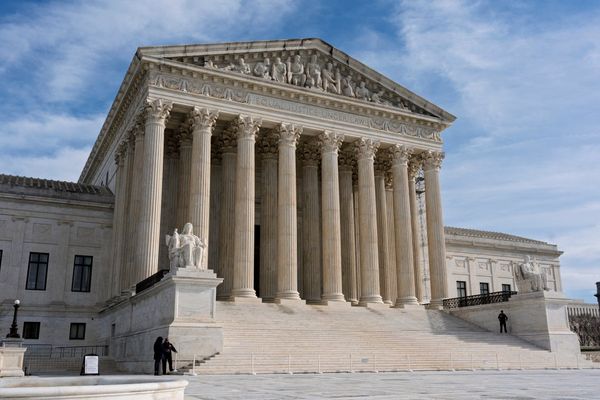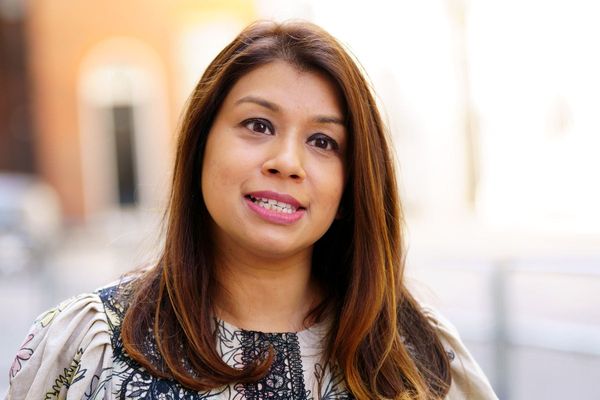
It started with a social media video: a school principal from a medium-sized Brazilian city lashed out against an award-winning novel, saying it was “disgusting” and disrespectful of “good manners”.
The next day, the local department of education ordered all schools in nearby cities to remove the book from their libraries.
In less than a week, three other states also banned O Avesso da Pele, by Jeferson Tenório – published in the UK as The Dark Side of Skin – from their schools.
The book ban in March was the most high-profile in a series of such cases which have proliferated in Brazil in recent years.
Works targeted for banning typically involve race, gender and the LGBTQ+ communities.
Last week, O menino marrom (The Brown Kid), a children’s novel first published 40 years ago ago by one of the most celebrated Brazilian authors, Ziraldo Alves Pinto, was banned in Minas Gerais state. The week before, the same had happened in São Paulo with another book about female scientists.
Although scattered through different states and cities, the cases have a common factor: there are usually politicians behind them, and in most cases, they support the former far-right president Jair Bolsonaro.
“The bolsonarista strategy is one of hatred … of choosing a target to attack and creating the idea of an enemy,” said Tenório. “My book was the target then, just as others are now.”
The Dark Side of Skin tells the story of a young Black man seeking to uncover his family’s history, marked by racism in Porto Alegre – the capital of Brazil’s southernmost state, which has the highest proportion of white people.
The book – which in 2021 won Brazil’s most prestigious literary award as best novel – reached the school after being included in a federal government reading incentive program. It was aimed at students over 15 years old.
The passage described as “disgusting” by the school principal in Santa Cruz do Sul was a conversation between two teenagers praising each other sexually.
But that specific passage is not representative of the work as a whole, said Tenório, who also argued that it was not the reason why it was banned.
“It’s a book by a Black author … that deals with racial issues and police brutality,” he said. “Brazil’s south is a very conservative and prejudiced region and this isn’t the kind of subject they want to discuss in the classroom.”
The writer believes Brazil faces a “poorly finished copy of what’s happening in the US”.
The American Library Association reported that 4,240 unique titles were banned in US schools and libraries in 2023, more than in any other year. Many of them are related to issues of LGBTQ+ communities or race.
No similar survey has been carried out in Brazil, but experts agree that cases are rising and have even drawn comparisons with censorship during the 1964-85 military dictatorship, when the regime banned about 350 titles.
There is a fundamental difference, though.
“During the dictatorship, there was censorship legislation at a federal level,” said Sandra Reimão, a professor at the University of São Paulo, author of a book on the subject.
“Now the cases are from local authorities. There are school principals, secretaries of small towns, state representatives or congressmen saying: ‘In my school, in my town, this book will not enter.’”
Reimão believes the recent years have seen the highest number of incidents since Brazil returned to democracy in the late 1980s. “Rightwing groups are trying to block any topic they consider harmful to what they call traditional values,” she said.
Researcher Marcele Frossard, who studies attacks on education, believes that the cases are orchestrated. As an example, she cites a group called Mães do Agro (Mothers of Agribusiness) that put pressure on authorities to ban textbooks on climate change, alleging they “discriminate” against agribusiness.
“Parents, teachers and principals are being used to report books and teaching practices,” said Frossard, a coordinator at the National Campaign for the Right to Education.
Tenório’s Brazilian publisher had to file a lawsuit to ensure the book’s return to schools – and in an ironic twist, publicity around the ban propelled the title back on to the bestseller lists.
“Occasionally, however, the principal’s video is reposted by someone else … They keep trying to [ban it again],” he said.
The writer believes that, due to the backlash, O Avesso da Pele will not be censored again, at least at an institutional level.
“But a teacher might be afraid to bring any controversy into the classroom and decide against using it. Pressuring teachers is a form of violence, and it can often happen without the public finding out,” he warned.







